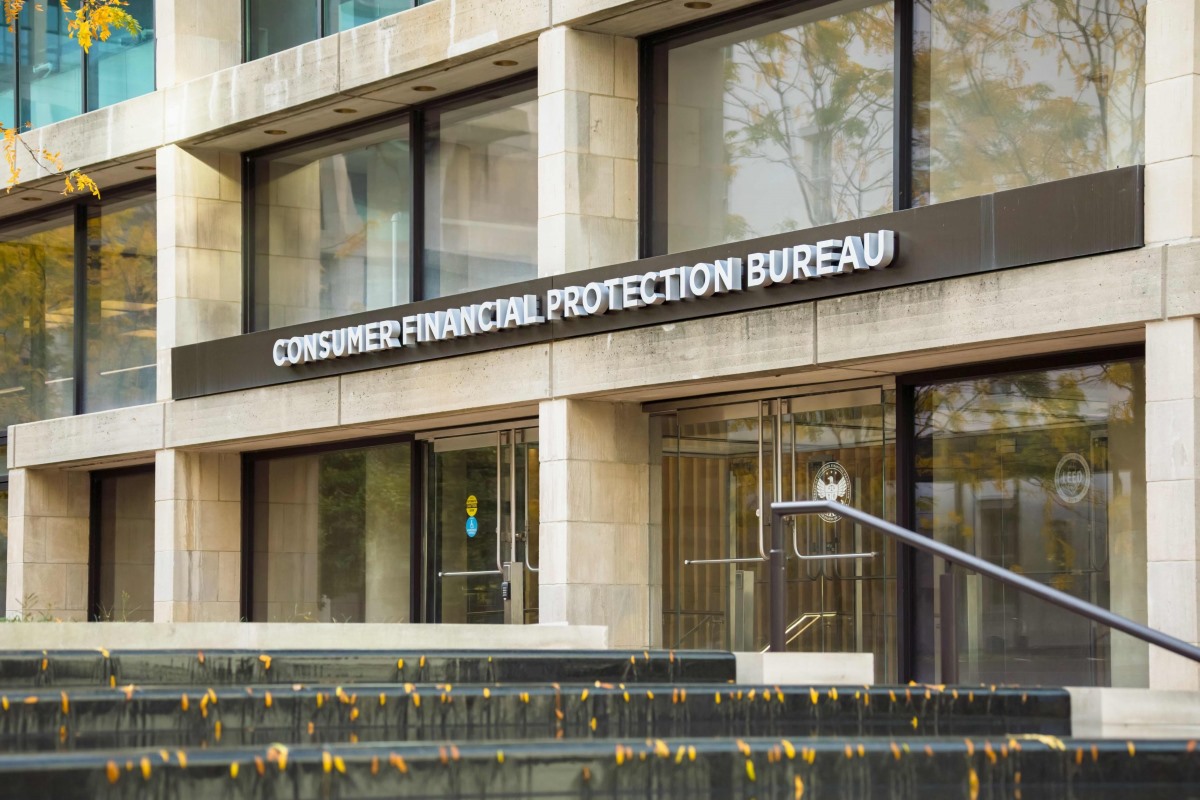

Finance
Financial Crisis Responsibility Fee Definition
Published: November 23, 2023
Learn the definition of Financial Crisis Responsibility Fee in the field of finance. Understand its role and responsibilities in the industry.
(Many of the links in this article redirect to a specific reviewed product. Your purchase of these products through affiliate links helps to generate commission for LiveWell, at no extra cost. Learn more)
The Definition of Financial Crisis Responsibility Fee
The Financial Crisis Responsibility Fee, also known as the Bank Tax or Financial Stability Contribution, is a proposed fee on financial institutions to help offset the costs incurred by governments during and after a financial crisis. It is aimed at holding banks accountable for their role in the crisis and preventing future financial meltdowns.
Key Takeaways
- The Financial Crisis Responsibility Fee is a proposed fee on financial institutions to help offset the costs incurred by governments during and after a financial crisis.
- Its primary objective is to hold banks accountable for their role in the crisis and prevent future financial meltdowns.
Understanding the Financial Crisis Responsibility Fee
The Financial Crisis Responsibility Fee was first introduced as part of the Dodd-Frank Wall Street Reform and Consumer Protection Act in the United States in 2010. This proposal aimed to address concerns about the risk-taking behavior of financial institutions that led to the 2008 global financial crisis.
The fee is levied on banks and other financial institutions based on their size and risk profile. It is designed to discourage excessive risk-taking by creating a financial disincentive for activities that could pose a threat to the stability of the financial system. The funds collected through this fee can be used to cover the costs of any future financial crises or to support regulatory agencies tasked with overseeing the financial sector.
Proponents of the Financial Crisis Responsibility Fee argue that it is a fair and necessary measure to hold banks accountable for their actions and promote financial stability. They believe that banks should bear the costs of their risky behavior and that the fee can act as a deterrent against excessive risk-taking.
Critics, on the other hand, argue that such a fee could discourage lending and investment, potentially slowing down economic growth. They also question the fairness of imposing the fee solely on financial institutions, arguing that it could disproportionately impact smaller banks and undermine their competitiveness.
The Financial Crisis Responsibility Fee has been a topic of debate and discussion among policymakers, economists, and financial industry experts. While some countries have implemented similar measures, others have rejected the idea, citing concerns about the potential negative impact on their economies.
In Conclusion
The Financial Crisis Responsibility Fee is a proposed fee on financial institutions to help offset the costs of a financial crisis and hold banks accountable for their role in creating it. While it has its supporters and critics, the fee’s primary objective is to discourage excessive risk-taking and promote financial stability. Ultimately, the decision to implement such a fee rests on the policymakers’ assessment of its potential benefits and drawbacks.














